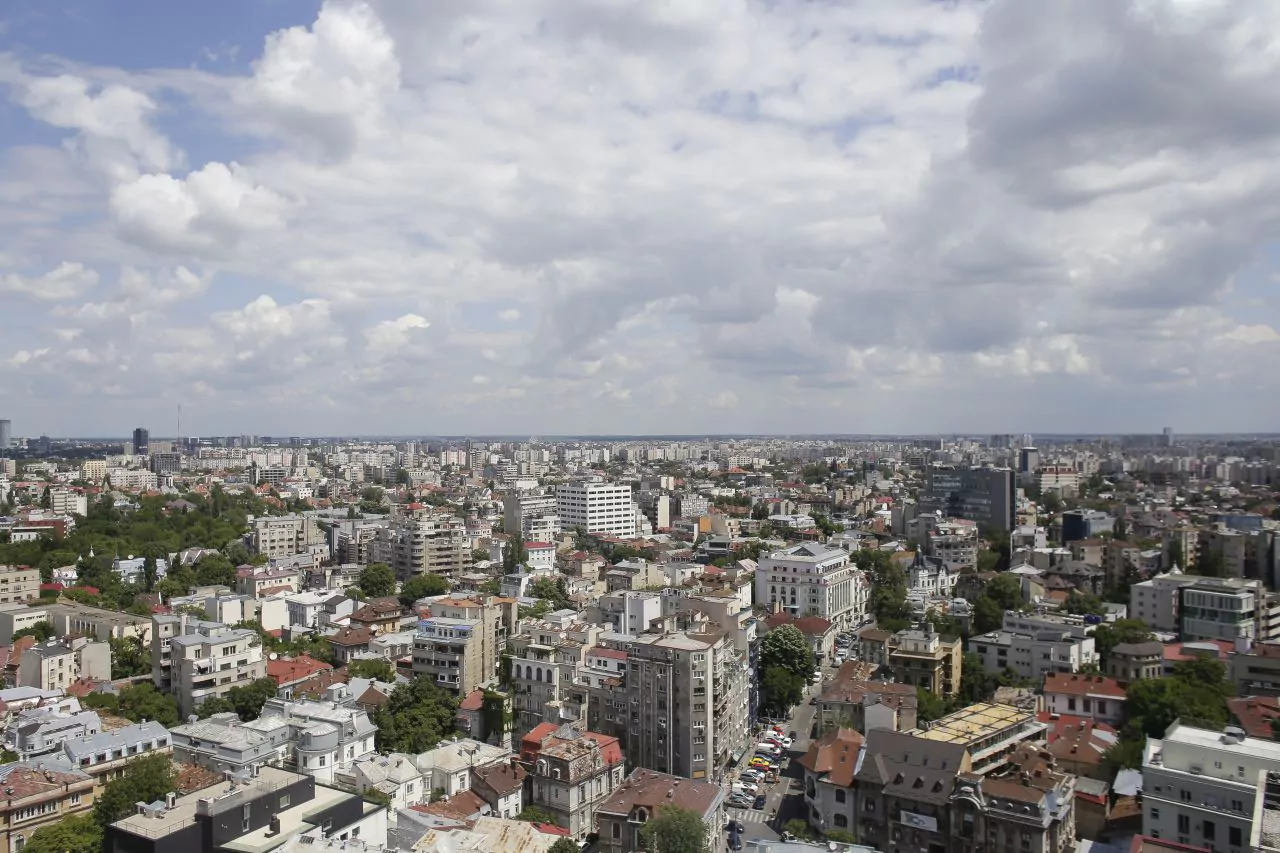After 67,816 homes were completed in the residential market last year, making it the best year for construction in the last 30 years, 2021 looks set to surpass it, with some 49,621 homes completed per nine months, above the level recorded per nine months in 2020.
Urmărește mai jos producțiile video ale Economedia:
- articolul continuă mai jos -
Incidentally, Andrei Sârbu, CEO of real estate consultant SVN, also believes the same and says that “2021 was the best year for the residential market in decades.” And this happened in pandemonium conditions, which didn’t stop builders or developers from doing their job.
“In a strong context marked by the Covid-19 pandemic and some uncertainties, the local residential market has seen further exceptional results. The fundamentals were excellent creditworthiness and a very varied offer. Housing deliveries in the Bucharest – Ilfov region in the first nine months of 2021 are practically at the same level as in the same period of 2020 – when an absolute record of completed dwellings was recorded. At national level there was an annual increase of 2.3% in the same period, according to official statistics,” says Andrei Sârbu.
Also, although down in the last two months, the number of completed property transactions at the national level increased annually by more than 56% after the first 11 months, while the number of transactions in Bucharest and its surroundings increased by 40.8%, according to official statistics.

Sursa foto: SVN
Andrei Sârbu believes that the Covid-19 pandemic has led to a greater awareness of the quality of living space and more and more people wanted and felt the need to upgrade: a more generous surface area, better quality finishes and perhaps a better location, including a house with land – a segment that has seen the best results in history.
“These very good results have been recorded, as we have anticipated since the beginning of the year, against the background of a high level of affordability of buying a new home, despite price increases. In addition, interest rates reached historic lows this year,” he says.
Unfortunately for the market, however, this appears to be a thing of the past due to inflation, which passed 7% this year and prompted the NBR to take action, so the monetary policy interest rate has already been raised and analysts expect further benchmark interest rate hikes in 2022.
What the future looks like and what the risks are
2022 will be another good year for the local residential market and the main risks will come from exogenous factors. Continued high prices for building materials and considerable difficulties in the supply chain will continue to put a negative mark on the local residential market.
“It is precisely for these reasons that we believe transaction prices will increase by around 15% in 2022 as well,” believes SVN’s CEO.
On the other hand, he estimates that demand will absorb these increases. Firstly, even if the affordability of buying a new home, calculated by SVN as the ratio of the transaction price to the average net salary, will worsen in the short term, we are still and will be at a better level compared to, say, 2019. And if we’re talking about a comparison with 2008, today it’s almost four times easier to buy a new home.
“Secondly, we keep talking about raising interest rates but this has to be seen in a broader context. The average rate for the purchase of a new two-bedroom apartment in Bucharest (50 useful square meters, standard mortgage loan, 25 years) is today 43% of the average net salary on the economy at the national level, according to the SVN profile index”, says Sârbu.
It is almost a certainty that the market will not suffer much, especially in the big cities, especially considering that the average salary in Bucharest is more than a third higher than the national average, while in the big regional markets, such as Cluj – Napoca, Timisoara or Constanta, incomes are more than 20% above the national average. So the percentage is even lower, explains Sârbu.
Also, according to SVN’s estimates, the IRCC (influencing indicator will increase to 1.17% in Q1 2022, from 1.08% currently, according to calculations by colleagues at SVN Credit Romania. And the percentage held by the rate will increase to 45.5%. But a year ago it was at 52%, so there is room for maneuver, although things will get worse.
“On the other hand, the government has recently approved the increase of the price threshold for the application of the 5% VAT rate, which will be a boost for the middle market and middle market upper segment, which has increased its share anyway to about 45% of total supply, from about 17% 5-6 years ago,” explains Sârbu.
And the evolution of the Covid-19 pandemic and global macroeconomic events will likely have an impact on the evolution of the local residential market in the short term.
“But the prospects for 2022 are good at the moment,” concludes Andrei Sârbu.
It would not be excluded, however, although some developers have matured, and know the limits of the market, the advance in prices caused both by the rise in the price of building materials, but also by the greed of some, could affect the number of transactions. And in Bucharest, until March, the granting of new PUZs is in any case blocked by the General Council, due to abuses by some developers, but this situation will hit the market, which in a year or two could see a drop in supply and thus trigger a further increase in housing prices, which could cause a crisis in demand.

 Sursa foto: Inquam Photos / Octav Ganea
Sursa foto: Inquam Photos / Octav Ganea





























